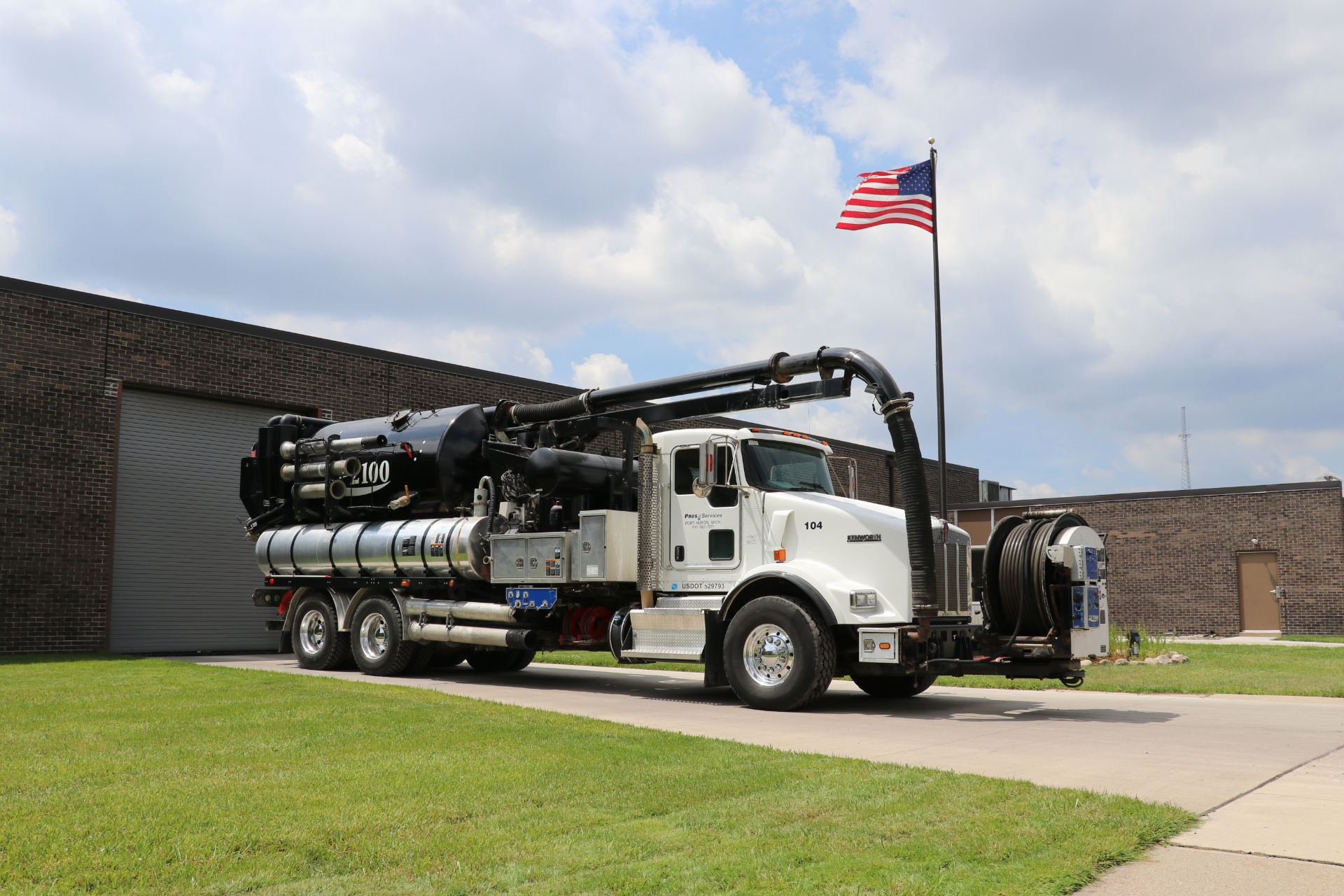
23 Feb The Best Way to Dispose of Hazardous Waste
Have you ever wondered why hazardous waste, also known as universal waste, is considered hazardous? It’s because it has properties that make this waste dangerous to all life on the planet. It can have harmful effects on the environment and can impact animal, plant, and human health. Hazardous waste can come from multiple sources, including household and industrial manufacturing process waste. Hazardous waste can be liquid, sludge, solid, or gas, which makes its disposal a challenging task. To help you with universal waste management, below are some tips and guidelines for universal waste disposal.
Disposing of Household Hazardous Waste
Some household waste items contain chemicals that can pose threat to your health and raise safety concerns if you don’t manage them properly. Common examples of household hazardous waste are fluorescent light bulbs, mercury, corrosive cleaners, paints, fuels, pesticides, wood stains, pool chlorine, and acid. You don’t need special measures to handle such universal waste — simply put it in the trash. But to keep yourself and the people who collect your household waste safe, you can follow these basic guidelines:
- Put products in their original packaging with labels intact so the workers collecting trash can easily sort them.
- Make sure to store and transport chemicals upright.
- If you’re transporting your household waste, secure it properly so it doesn’t leak, especially if it contains chemicals.
- Don’t mix products since it can be dangerous.
- Store chemical waste in a cool, dry place and out of reach of pets and children.
Disposing of Commercial Hazardous Waste
The EPA and Resource Conservation and Recovery Act (RCRA) mandates that business owners dispose of universal waste properly to avoid legal ramifications. If you generate hazardous waste, it’s your responsibility to take care of its disposal, including its safe transportation. You need to take special measures since this material will be shipped along the same routes citizens take. Even the slightest mishandling error can cause a lot of damage.
You should try recycling universal waste as much as possible since it has many benefits. For instance, it helps reduce raw materials consumption and lowers the volume of waste materials that need to be treated or managed. But store those materials properly as improper storage can cause leaks, spills, fires, and soil or water contamination.
Why Proper Disposal of Hazardous Waste Is Important
Hazardous waste can pose a great threat to everything and everyone in its vicinity. You must be aware of how dangerous medicines, asbestos, syringes, toilet bowl cleaner, and gasoline can be. These are just a few examples of universal waste. The effects will be more if we count them all. Improper universal waste disposal can:
- Pollute the environment.
- Make sanitation workers sick.
- Contaminate soil and water sources.
- Harm pets and children.
- Have long-term effects on human health.
This is why we must focus on universal waste management and ways for its proper disposal. Contact us if you need any help with it or have related queries. We will be more than happy to help with questions or providing hazardous waste support.

